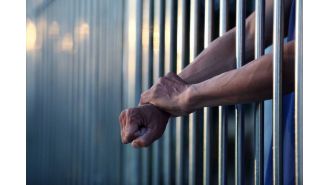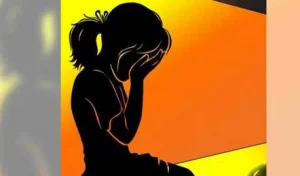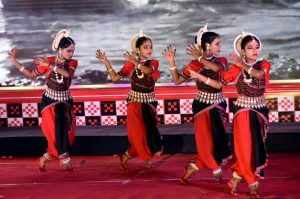CIWA believes better assistance for female agriculturalists should be a top priority.
A CIWA official in India calls for gender-sensitive policies and better support for women farmers to achieve equality in the agriculture sector.

In a recent move towards achieving gender equality in India's agriculture sector, a senior official from the Central Institute for Women in Agriculture, based in Odisha, highlighted the pressing need for gender-sensitive policies and better support for women farmers. During an interview with PTI, Arun Kumar Panda, the Head of Division of Gender, Family and Community Studies at CIWA, shed light on the glaring disparities faced by women in the field of agriculture. "In comparison to men, women are facing significant challenges in the agricultural sector, which is often referred to as a gender issue," Panda stated.
The official went on to explain the various key areas where women farmers struggle. Land ownership is a major issue, with only 13.75 percent of women having land registered in their names, a direct result of the prevalent patriarchal family structures. This, in turn, hinders their access to loans and other resources. Additionally, women farmers lack access to crucial resources and services, such as extension services, which are vital for agricultural development. Panda pointed out that these services are primarily tailored towards men, with a mere 18-20 percent reaching women farmers. Moreover, the adoption of new technologies also poses a challenge for women farmers, as they often lack awareness and have limited education.
To address these issues, Panda called for a holistic approach. He stressed the need for collecting and analyzing gender-disaggregated data to inform policy decisions, enhancing women's financial inclusion through improved access to finance, cooperatives, and microcredits, and establishing robust monitoring mechanisms to effectively evaluate gender policies. He also emphasized the importance of increasing the number of women in extension services and promoting gender-sensitive extension services. CIWA, the only institute under the Indian Council of Agricultural Research dedicated to women farmers, is leading the way in developing innovative and women-friendly agricultural tools. The institute has created various tools to reduce the physical labor involved in farming, such as a manual hand ridger and a pedal-operated coconut dehusker.
Addressing the lack of representation of women in high-level agricultural roles, Panda noted a shift in the narrative from women's development to women-led development. He expressed confidence that this issue would also be addressed in due time. The CIWA official emphasized the importance of targeted policies to promote gender equality and called for increased government investment in female-specific training and skill development programs. As India strives for agricultural progress, bridging the gender gap is a crucial step towards inclusive growth and the empowerment of women farmers.










